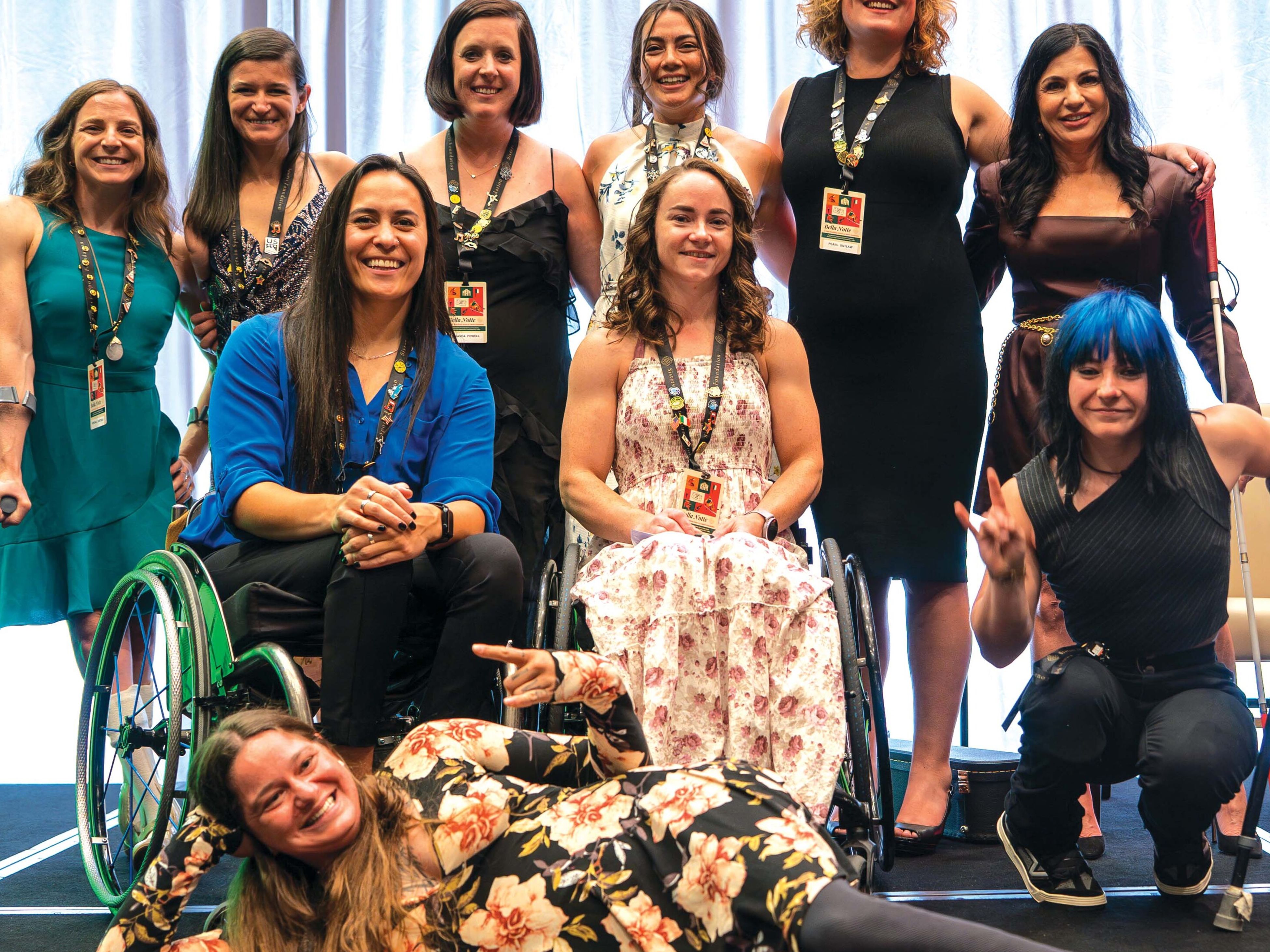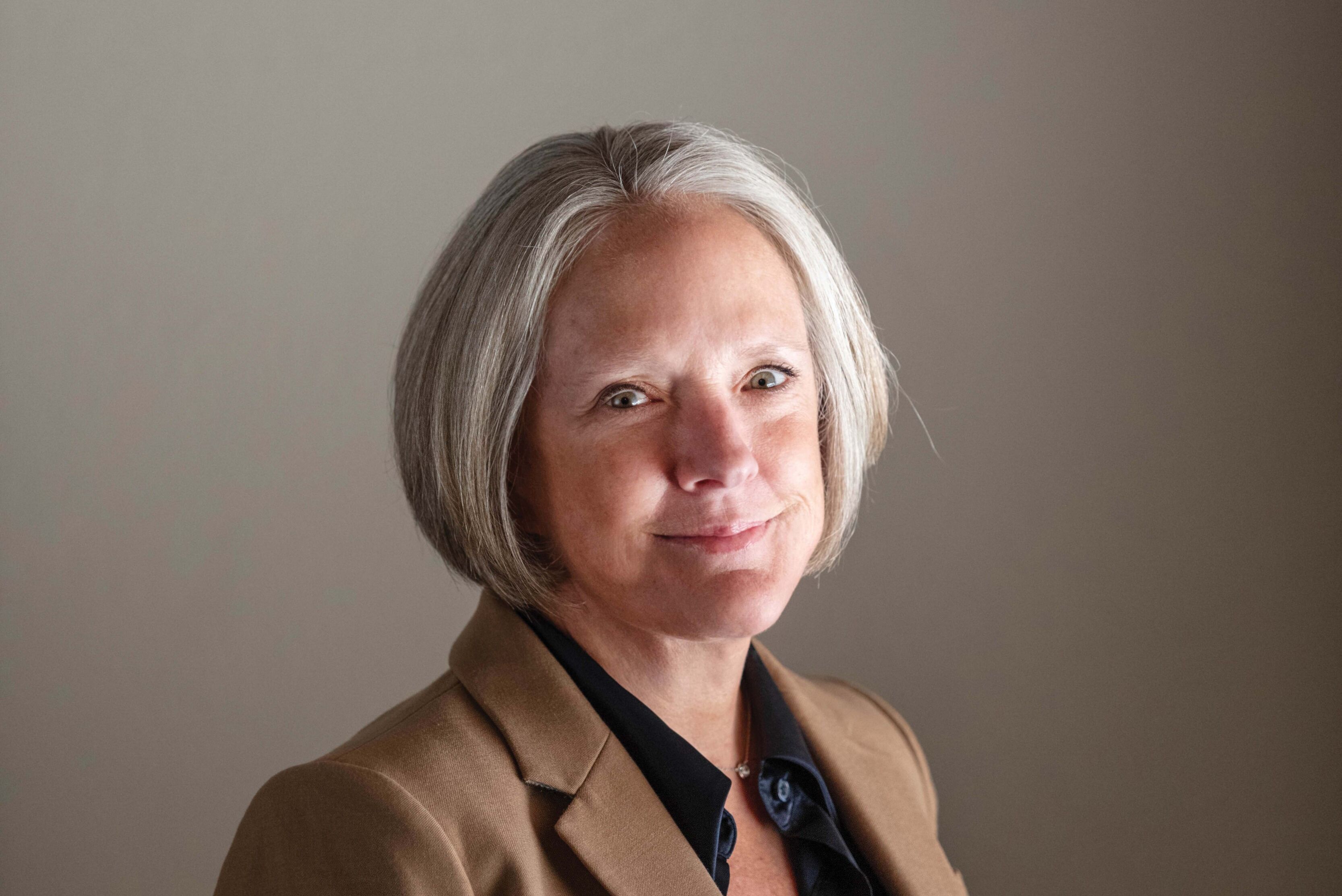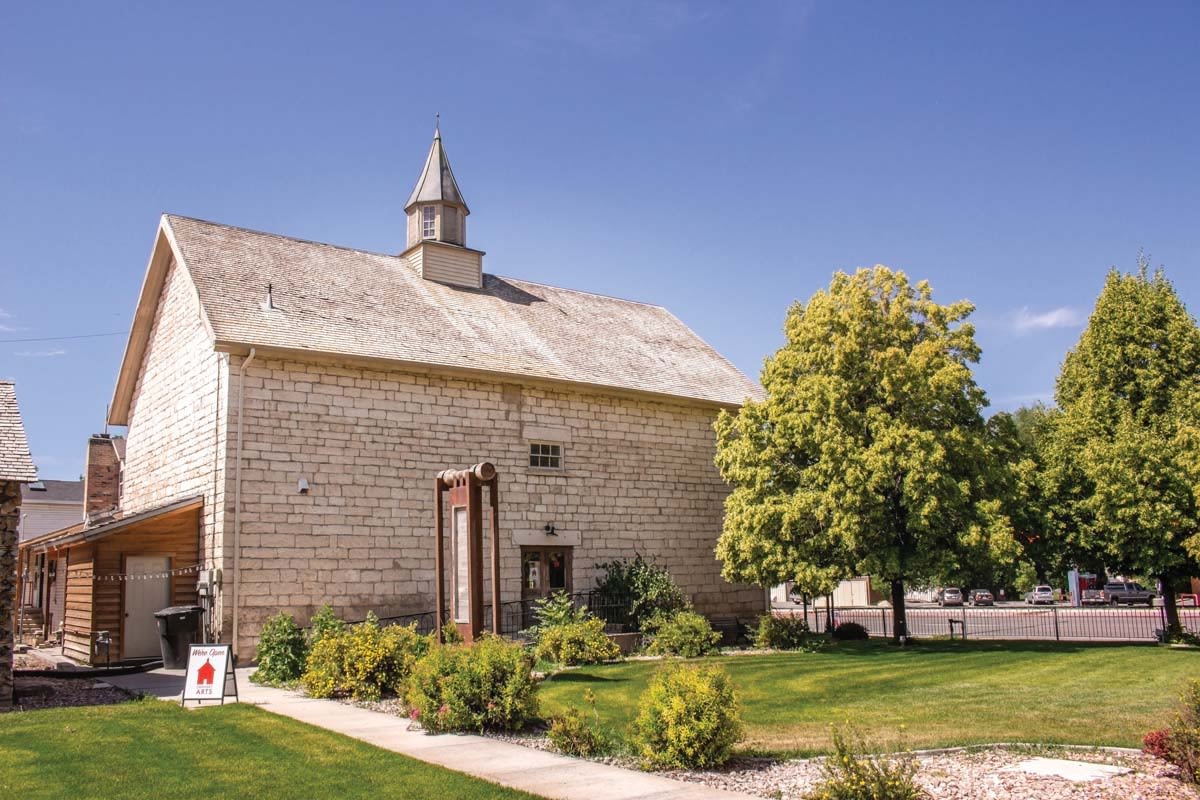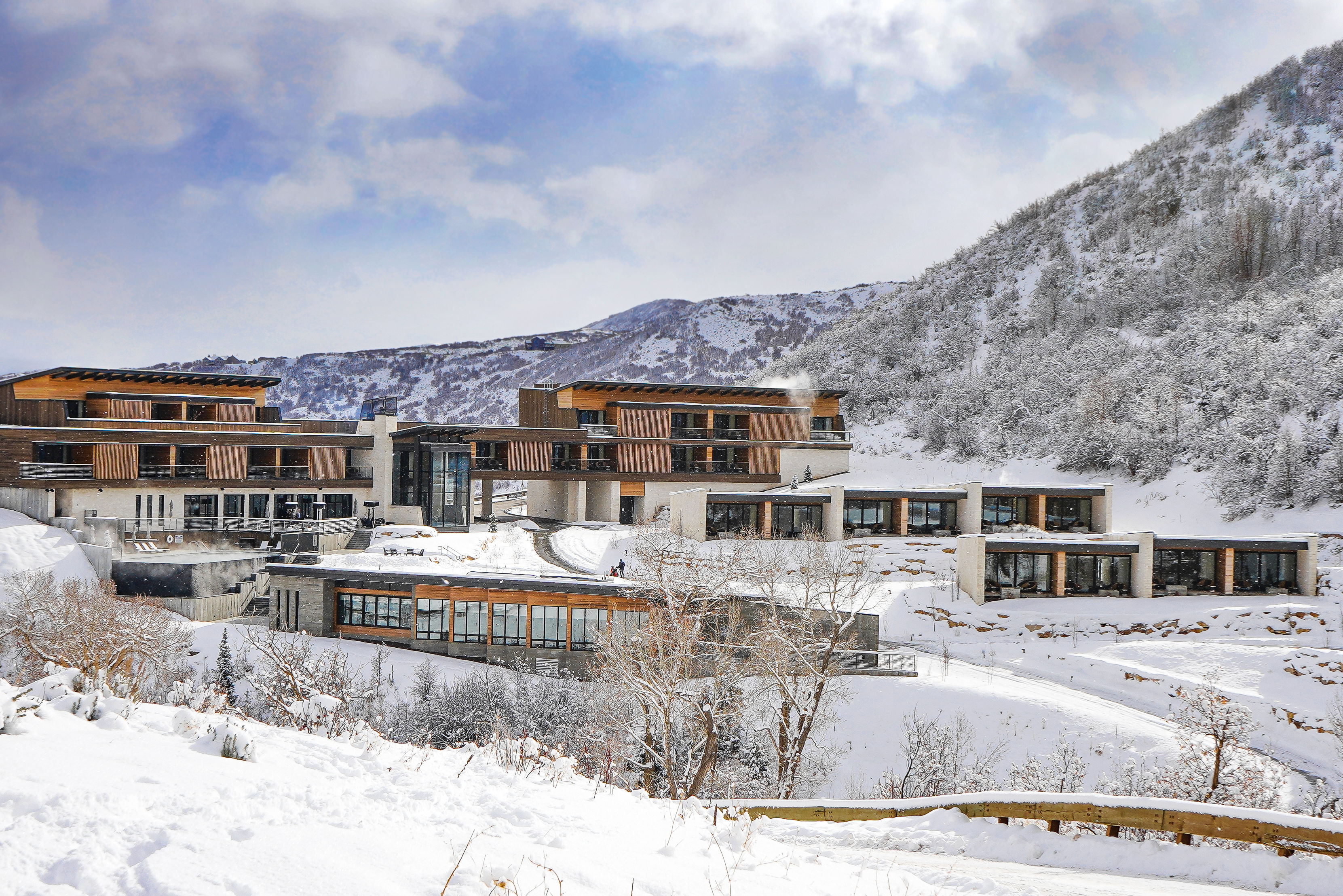Win-Win Proposition

Image: Carolyn Richardson
Competition is a notion Parkites subscribe to relentlessly. A realm where our town tops the podium in a less-than-positive way, however, is energy usage. “Summit County residents consume four times more energy than the average Utahn,” says Mary Christa Smith, program manager for Summit Community Power Works (SCPW). Since last fall, however, cooperative efforts have been under way to upend this dirty distinction by way of—you guessed it—a contest.
In May 2014 Matt Abbott, sustainability manager for Park City Municipal, and Lisa Yoder, sustainability coordinator for Summit County, boldly submitted a joint application for the $5 million Georgetown University Energy Prize (GUEP), a nationwide competition challenging towns, cities, and counties to come up with creative strategies to increase energy efficiency. Park City, along with the 49 other GUEP semifinalist communities, is gauging utility-supplied residential and municipal energy consumption from January 2015 through December 2016. The community that saves the most—and in a way that’s the most replicable—will be awarded the $5 million prize, which, not surprisingly, must be invested in energy-efficiency programs. “Our county is diverse both economically and politically, which affords us the opportunity to create programs scalable elsewhere,” Abbott says. In other words, if an innovative energy-savings plan can be successful in Summit County, it can work anywhere.
The strategy, as implemented by SCPW, is simple: ask residents and public facility managers to replace incandescent or CFL light bulbs with light-emitting diode (LED) bulbs and to install smart thermostats, two changes that can cut energy use by nearly 40 percent per building. Of the energy consumed by the typical 50-day-lifespan incandescent bulb, 80 percent is used to produce heat but only 20 percent to produce light. An LED bulb, which has a 22-year life, works in reverse. (The incandescent bulb, invented by Thomas Edison, has not changed in design or efficiency since the 1800s.) “If everyone who lives in Summit County changed their bulbs to LEDs, we would win this competition hands down,” Smith says.
Winning the endowment is the obvious goal, but just as important, Smith says, is playing the game: “By competing, we contribute to nationwide energy-use reduction, support community needs, and, most important, make an impact globally by acting locally.”


































